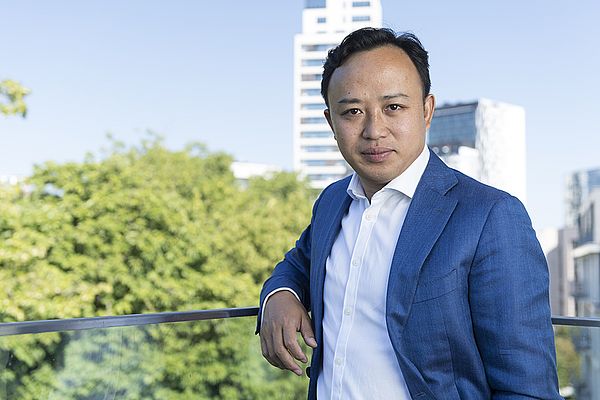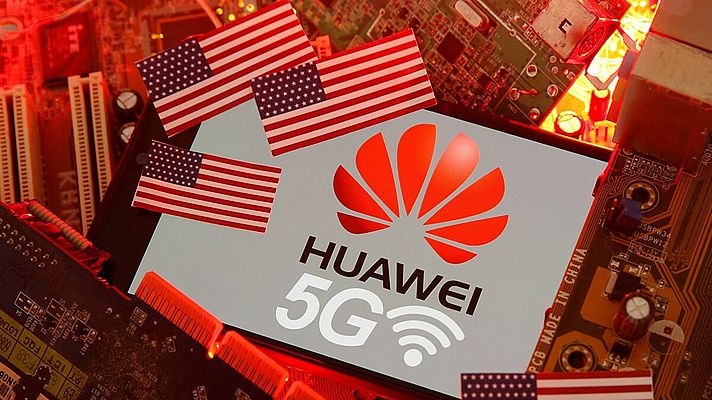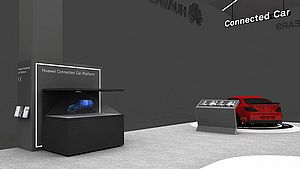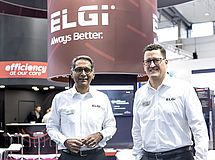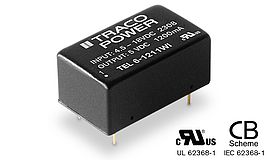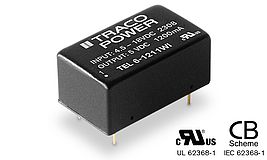In or out? The discussion around 5G and the exclusion of Huawei from the Western 5G-network market advocated by the US on security grounds has created a tense situation between Washington and Beijing and an impasse that seems to be exacerbated by the current health crisis. Europe stays in the middle but the political and public opinion is split between ''suspicious’’ and ''confident''. What is certain is that the establishment of a responsible and socially viable 5G strategy doesn’t benefit from this situation. ‘’Huawei is already very well established in the European market for 4G wireless technology so it’s not really about entering the race but getting us out of the market. There’s no point in excluding a vendor that has always followed the rules,’’ said Patrick Berger, Head of Media Affairs at Huawei Germany. To better understand Huawei’s position on the so called ''cold tech war’’, we have interviewed Abraham Liu, Huawei Chief Representative to the EU Institutions.
IEN Europe: Why is 5G considered pivotal to making the IIoT happen?
A. Liu: 5G is connecting all the dots of the next ICT revolution. With these high-capacity networks, all devices can connect to each other and intelligently exchange information with each other. 5G is safer, greener and so much more innovative.
IEN Europe: What are the advantages for the manufacturing industry?
A. Liu: This will depend of the degree to which the manufacturing industry seizes the opportunities offered by 5G. Early movers will be able to vastly expand their product portfolio, expanding applications, creating new distribution channels, optimizing workflows. 5G is a horizontal, connecting technology. So for manufacturing this also means adapting the mindset, opening up to completely new opportunities.
IEN Europe: Can AI enhance 5G networks? How are these two technologies interconnected?
A. Liu: Absolutely, 5G is the pre-condition for AI to becoming deployable at a large scale. For 5G networks to fully deploy their potential, AI is an indispensable tool. For example, Huawei incorporates AI technologies based on an all-cloud network architecture, to build autonomous driving networks. Taken together, 5G and AI will produce hugely positive effects for industry and for society.
You can find the information of AI enabling intelligent operations of 5G networks here: carrier.huawei.com/en/spotlight/ai-enabling-intelligent-operations
IEN Europe: Do you think that advancements in AI and 5G should go at the same pace?
A. Liu: Both 5G and AI need to be deployed responsibly. For AI deployment, this means regulation through political and industrial bodies. As 5G is now being implemented, AI is also seeing its introduction. Both indeed go hand in hand in this sense.
IEN Europe: It’s a hard moment for Huawei’s 5G technology, with the ‘’sabotage’’ of part of the Western word, lead by the US. What’s Huawei’s position on this issue?
A. Liu: Huawei is showing resilience. Our 5G solutions are convincing consumers. The attitude of the US government, placing Huawei on the Entity List, disrupting global supply chains, harming companies, consumers and citizens, is unproductive and inward-looking.
IEN Europe: Do you consider this attitude counterproductive for technological progress and for consumers? Why?
A. Liu: A government that restricts established global supply-chains, hinders the deployment of standard-setting and safe technologies and advocates discrimination based on the country of origin is not part of a constructive solution. Interfering into established supply chains leads to higher prices and worse products for US consumers in the first place.
IEN Europe: What could happen if Huawei would be definitely excluded from the competition on the main 5G Western markets?
A. Liu: We are confident that European countries will choose Huawei as a key partner to roll out 5G. This choice will be beneficial for operators and society as a whole. 5G is indispensable if Europeans want to retain their social model in the future and also if Europe is to quickly and boldly respond to the consequences of Covid-19.
IEN Europe: Do you think that the covid-19 outbreak, with the escalation of the cold war between the US and China, has exacerbated also the ''tech cold war''?
A. Liu: Covid-19 is a challenge for all humankind across all continents. Huawei offers technology that is key to overcoming the medical and economic consequences as fast and as sound as possible. Huawei is a private company which is owned 100% by our employees. This having been said, Huawei does not welcome the moves by the US administration to place Huawei on the Entity List and to distort global supply chains, thus also harming US companies and their employees. A constructive future lies in responsible and mutually beneficial cooperation.
IEN Europe: Do you think that the development of technical standards for virtualize network could solve some security concerns? Or what solution would help the different stakeholders collaborate instead of keep building tech walls?
A. Liu: There are clear and widely-endorsed standards upon which 5G has been developed. These standards are international and accepted everywhere. Just think of 3GPP that has done an outstanding job in driving the standardization of 5G. Huawei has been working in this framework, partnering up with all relevant 5G stakeholders. So if the US government now unilaterally chooses to ignore this internationally established framework, the question of what solution might be suitable for the US government should be addressed to the US government.
Sara Ibrahim


